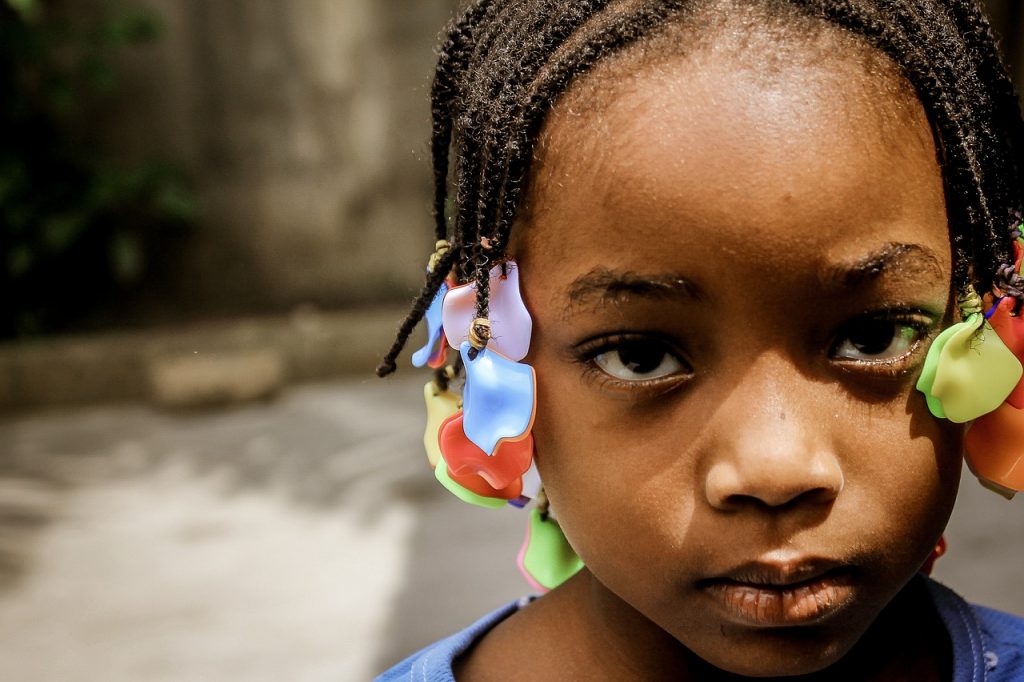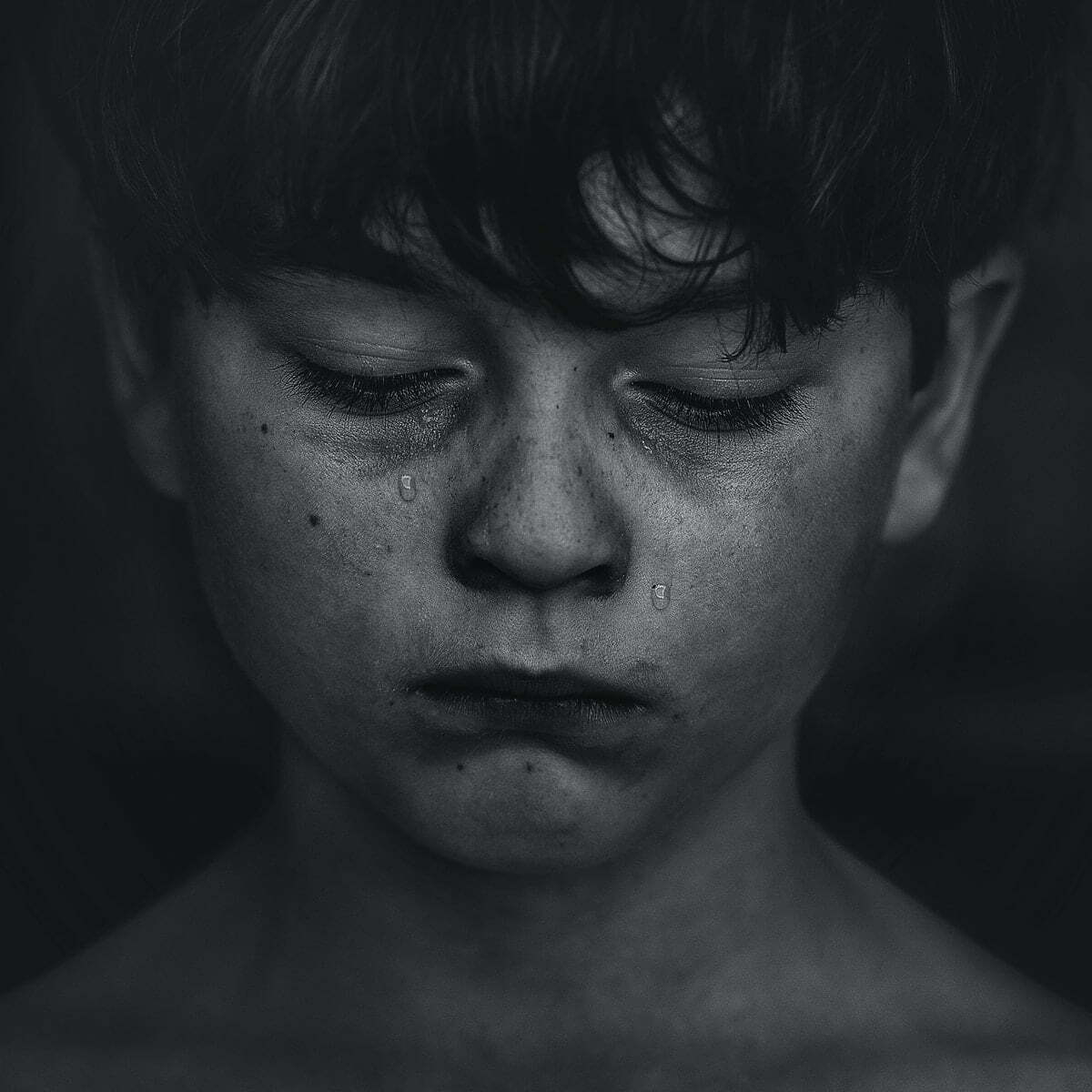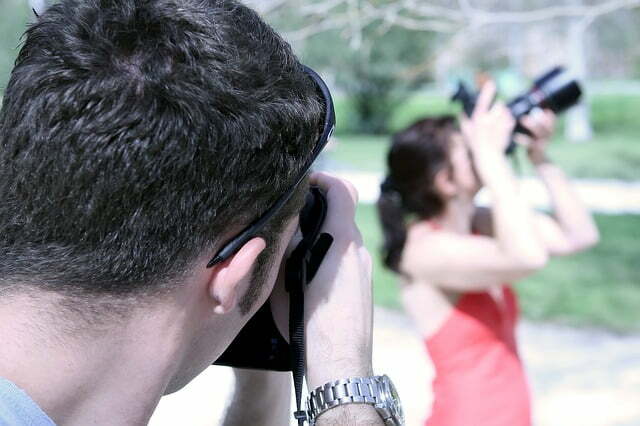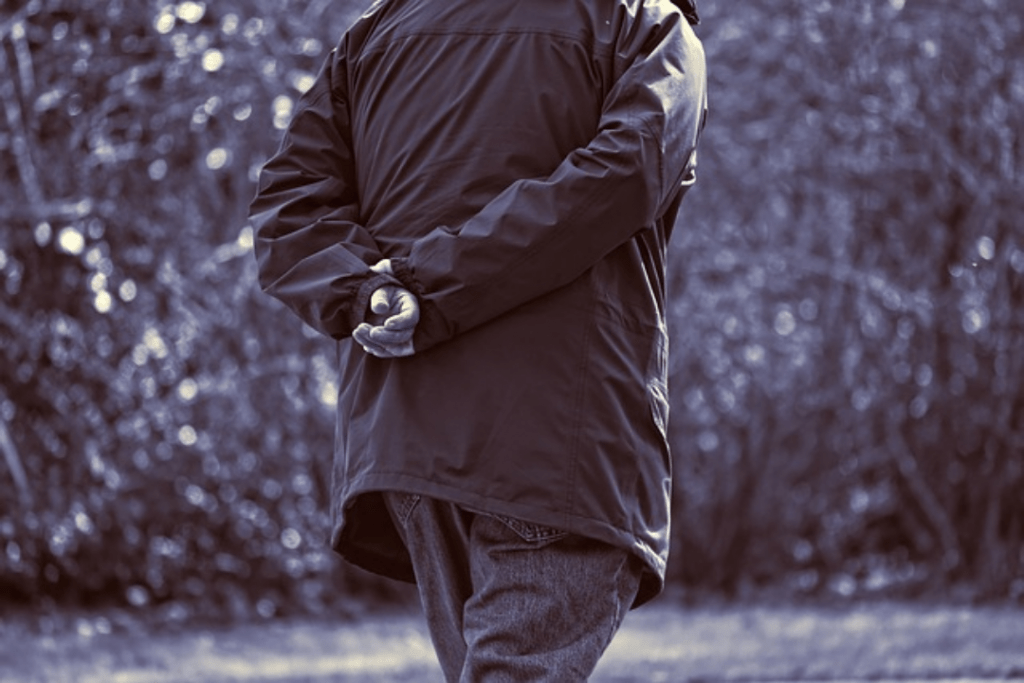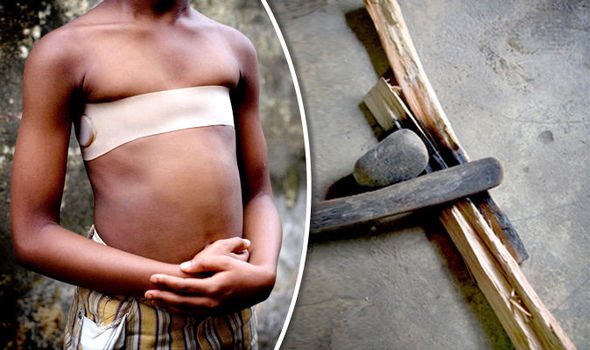It’s almost Christmas and for many of us in the UK, that means gathering together with our families on Christmas Day, giving and receiving presents, eating way too much food, watching a festive TV programme together and taking part in games we wouldn’t ordinarily play at any other time of the year. Christmas means different things to different people – happiness, magic, hope and joy to name a few. To some people however, it is the saddest and hardest time of the year, whether they have lost someone through bereavement or that themselves are isolated and alone.
There are some that will be living with a feeling of ‘ambiguous loss’ and this is the experience that many families experience when a person they care about goes missing. This term and concept was developed in the 1970’s by Dr Pauline Boss, an American academic and expert in social science. Dr Boss describes ambiguous loss by saying it “differs from ordinary loss in that there is no verification of death or no certainty that the person will come back or return to the way they used to be”. She calls this “the most distressful of all losses” because there is no closure, no verification or resolution. This is particularly relevant to missing people and Dr Boss identifies that ambiguous loss is where “a person is physically absent yet psychologically present”. For families of missing people this ‘trauma’ is a daily reality, deeply affecting how they cope with their everyday lives.
Supporting many of those people affected by ambiguous loss are Missing People
Missing People – “the only charity in the UK which is dedicated to bringing missing children and adults back together with their families”.
Who are Missing People?
Many of you would have heard of the charity through their appearance earlier this year on Britain’s Got Talent (BGT). They took the competition and country by storm, not only because of their voices, but because of the background stories of many of the singers, parents and relatives of missing people. Some of the people involved were Peter Boxell whose 15-year old son Lee disappeared in Sutton, South London, in 1988, Peter Lawrence whose daughter Claudia went missing in York in 2009, and Rachel Edwards, sister of Manic Street Preachers guitarist Richey Edwards who went missing from a London hotel in early 1995.
Whilst the choir really put the issue of missing people on the map, it is only a small part of what they are about. Missing People are an award winning independent registered charity sourced by fundraising, donations, partnerships and some government and European Union funding. The charity’s 116 000 helpline services are accredited by The Helplines Association and awarded by Ofcom. This year they were the winners of the ‘Helpline of the Year Award’.
The charity has its origins in the high-profile disappearance of estate agent Suzy Lamplugh in Fulham in July 1986. At the time the media highlighted the lack of support services for the families of missing people. This prompted two sisters, Janet Newman OBE and Mary Asprey OBE, to launch a free helpline from a bedroom at their home in East Sheen, south west London. Using volunteers, they began by offering comfort to callers, but soon realised that the volume of families wanting and needing more than telephone support was substantial. In 1992 they took the unselfish and courageous decision to re-mortgage their houses and used the funds to register the new National Missing Persons Helpline (NMPH) as a charity.
In 1993 they obtained office space and as they secured more funding and publicity they began to expand their services. Initial success came the following year when the murders at 25 Cromwell Street led to an upsurge in calls to the helpline. It was at this point that the police realised that the charity had a part to play in their own investigation and Gloucestershire Constabulary enlisted their help. The charity played a key role, providing details of missing person cases, two of which were later identified as victims of Fred and Rosemary West.
In 2008 the charity relaunched as ‘Missing People’s and launched a Runaway Helpline text service for young people. The following year they were allocated their 116 000 number which is a free to use number for both mobiles and landlines. 116 00 is the European missing children hotline number and is currently used in 29 European countries but in the UK the number can also be used by adults.
The charity’s primary aim is threefold:
- help in the search for vulnerable missing people.
- support families waiting for news.
- reconnect missing people with their families.
Their ethos is “we are a lifeline when someone disappears”. Their patrons include Sir Trevor McDonald OBE, Stephen Fry and Lorraine Kelly.
What services does the charity provide?
Helpline – They provide a free 24/7 365 days a year confidential helpline to people who run away and go missing. This helpline provides emotional support to both those that have gone missing and those that have been left behind. The helpline team provide a non-judgemental ear, support and advice. Their crisis team have experience in many facets of safeguarding e.g. sexual and criminal exploitation, mental health, dementia and trafficking. This support can be provided through the helpline, email, text and they also have a 1-2-1 live chat service available through the Runaway Helpline page of their website. The charity can also deal with non-English speaking people via Language Line.
Textsafe – is a system whereby police forces request a text message to be sent to the missing person. Whilst the referral is triggered by police the text is sent from Missing People who remain neutral and advises the person of the confidential helpline services.
Publicity – the charity has a fairly extensive network of partners and contacts that assist them with sharing missing media appeals. Their display appeals can be seen on bus stops, in newspapers, The Big Issue, The Daily Mirror and on neon matrix boards throughout the country. These appeals can be shared nationally or within a geographical area. The charity also has an extensive following on Twitter and Facebook.
Support for Families – For those left behind the charity provide specialised support whether it is through their helpline or via police referrals. They have also developed a telephone counselling service which stands alone from their helpline services.
Law Enforcement Partnerships – the charity has partnerships with the National Crime Agency (NCA), National Police Chiefs Council (NPCC), Child Exploitation and Online Protection Command (CEOP), Association of Chief Police Officers in Scotland (ACPOS) and all police force across the UK. They offer a range of services to support police missing person investigations.
Partnerships – the charity also engages with, and develops partnerships with statutory and voluntary agencies to raise awareness and promote best practice. They strive to work and form these partnerships in the many areas of safeguarding that are why people go missing e.g. – mental health, sexual and criminal exploitation and domestic violence.
Website – the website has pages of information and advice. There are specific sections aimed at missing adults, children, people who may be thinking of going missing, families, partnerships and organisations. They also have a directory of organisations which specialise in helping people in crisis.
SafeCall – together with the St Giles Trust the charity has recently embarked on a Home Office funded project called SafeCall. Beginning on 6th November, this pilot scheme adopts a missing person led approach to intervention. Its aim is to scope and test new ways of working with young people who are criminally exploited to become drug mules. When referred each young person will receive a scheduled telephone call during which they will be offered a non-judgemental, safe space to talk about their experiences in confidence. They will be offered support and will be helped to formulate their own safety plan. SafeCall will also provide a service of support for parents and carers of the referred child. The pilot is due to run until March 2018 and is led by the charity.
Say Something – through the helpline the charity offers their Say Something service which provides young people with a way of anonymously reporting concerns they may have, mainly around sexual exploitation but also about other safeguarding issues that they or their friends might be experiencing. As with all the charity’s helpline services they aim to signpost and if relevant refer young people to local support services.
Child Rescue Alert (CRA) – this is a national system managed by the National Crime Agency (NCA) CEOP Command and in partnership with Missing People and Groupcall. It is a system designed to send rapid alerts to the public where a child is believed to have been abducted or in circumstances where a child has disappeared and is believed to be in immediate danger. The use of the CRA is rare and is limited to serious cases. The criteria for activation is:
- The child is believed to be under 18 years old;
- There is a perception that the child is in imminent danger of serious harm or death;
- There is sufficient information available to enable the public to assist police in locating the child.
Alerts can be localised regionally or sent nationally dependent on the police strategy. Alerts are sent directly to individuals – for example by text message, email or through the CRA App, but can also be sent out through media broadcasts such as television, social media and digital billboards. The CRA provides a single national number for the public to call that passes straight to the investigating force dedicate line for the incident.
The decision to issue a CRA lies with the investigating force, who will determine whether an alert is going to help them to locate the child.
Independent Return Home Interviews – the charity provides a commissioned service for providing return home interviews for missing young people. They currently provide this service across parts of Surrey, Hertfordshire, Brighton and Hove, East and West Sussex.
How do the charity campaign on behalf of missing people and their families?
The charity has a Policy and Research team who undertake and support research that champions the issues that affect missing people and their families. The team also produces a regular newsletter, ‘Missing News’ which aims to provide current developments, new academic research and policy.
One of their successful high-profile campaigns was ‘Guardianship’, a bid to obtain legislation which would enable families of missing people to obtain the legal right to manage a missing person’s affairs after a period. In April 2017 a bill introducing these powers successfully passed through parliament and received Royal Assent. The new law is expected to take effect in 2018.
Other work they support and contribute to, is the All Party Parliamentary Group (APPG) for Runaway and Missing Children and Adults, currently looking at the response to adults that go missing from home, care or hospital and who are vulnerable because of mental health issues.
The charity has also published their ‘Manifesto for Missing People’ to highlight to government what they see as the safeguarding priorities for missing people. The manifesto calls on government to look at 4 issues:
- Families need Guardianship Laws (see above)
- Vulnerable adults needing return interviews
- Missing children need safe places to stay
- Children need to know how to get help
Events – the charity organises many events throughout the year to raise funds and put missing people issues on the map. Events for 2018 include a 10k run, a superhero run, skydive and taking part in the London to Brighton race. Previous events have been the very popular Mud Run challenge and the Thames Path walk. They also mark International Missing Children’s Day (Friday 25th May 2018) by holding their 24 hours Big Tweet for Missing Children.
What can they do for safeguarding professionals?
Predominantly many of the services they provide are in partnership with the police. However, for any safeguarding professional and carers that work or care for missing children or adults, then their website provides a wealth of information, from factsheets to academic research. For police they provide services around publicity, TextSafe, media and family support.
It may also be useful to care providers and social workers to know that a person can use the charity to send a message home via the helpline. It may be that the person wants to get in touch and they can organise a 3-way call. This may be of interest to the missing person as they will be told that the call cannot be traced whilst the charity is on the line and therefore it allows them to speak or deliver their message in confidence.
If dealing with a regular missing child, then it might be useful to have a conversation with the young person about the charity and pre-program the number into their phone. It won’t stop them going missing, but it may just give them an option if they get into trouble. Safeguarding professionals should also be aware that as per the cross-Government Strategy for Missing Children and Adults, all families of missing people should be signposted to support services.
That concludes this blog post. We hope this has given you some insight into the charity’s work. At one of their busiest times of the year the charity has been very active with their ‘Home for Christmas’ campaign which includes their annual Carol services, and this year their social media fundraising campaign #SingThemHome. So, if you work or have an interest in missing people then we would urge you to take a few minutes to look at their website.
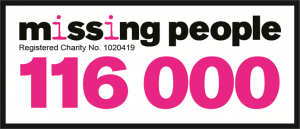
Have a very happy Christmas






